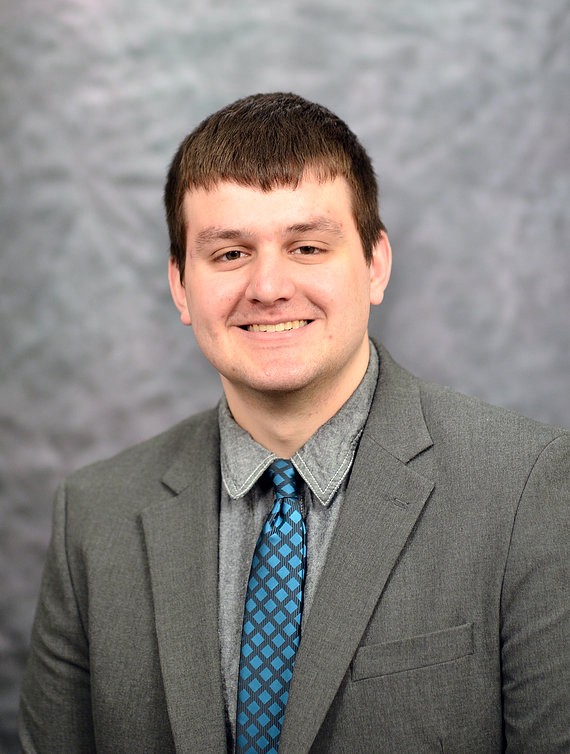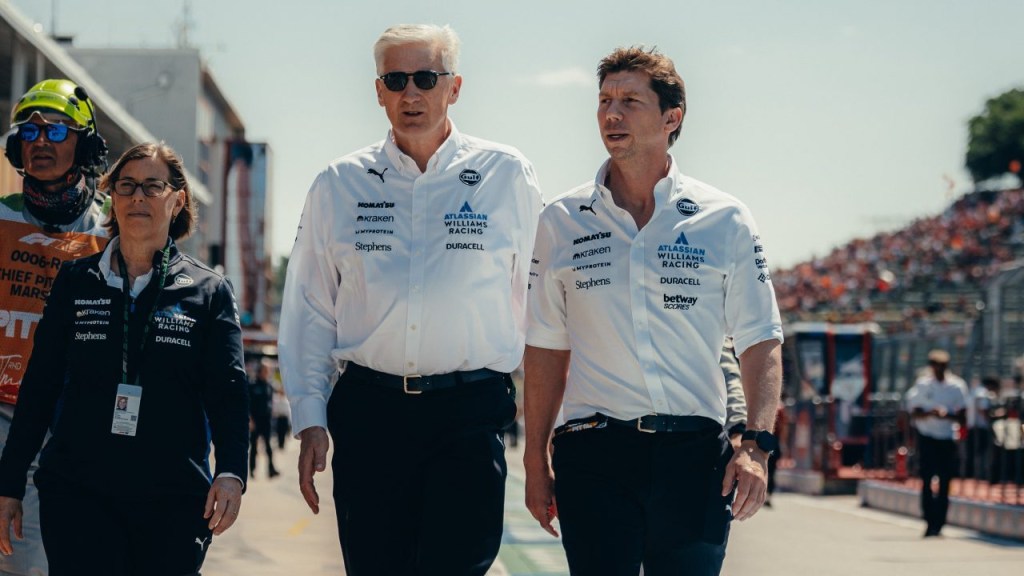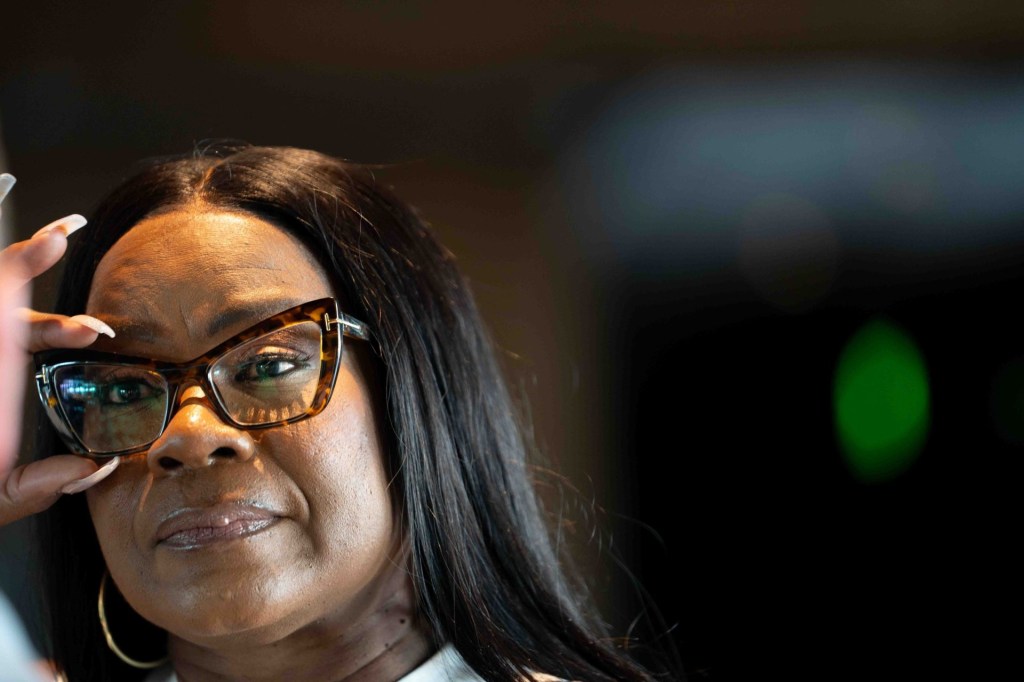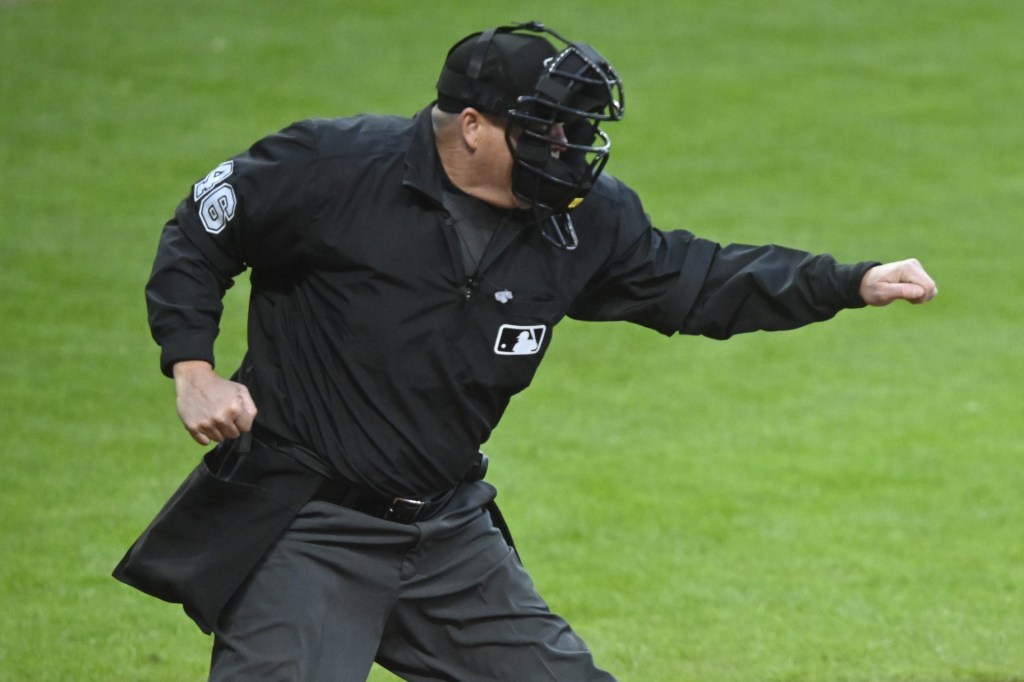By: Travis Grosch, @tgorsch3

Front Office Sports is proud to have sat down with Jim Blair, Marketing PhD Student and Marketing Instructor, University of Rhode Island. Jim was gracious enough to have offered up his time and insight into the academic side of the sports industry, incorporating real world sport cases in the classroom, and getting hands on experience whenever you can to stay current with the industry. He also explained the importance of taking advantage of while you are student and reaching out to professionals to get as much information as you can.
You received your Bachelors in Recreation and Sport Science majoring in Sport Management along with a Bachelors of Business Administration majoring in Business Economics, Finance, and Business Pre-Law from Ohio University. Then you went on to get your MBA in Marketing and Finance from the University of Dayton. How has your education prepared you for career?
What I’m doing now, I didn’t realize this option was available when I was in undergrad. Currently I’m in the Marketing PhD program and a marketing instructor at the University of Rhode Island. I also taught at Boston College last semester and will be teaching a marketing research course at Boston University this fall. Entering my third year of the program, my end-goal is to be a marketing or sport management professor at a university where I can work closely with their athletic department to conduct research and prepare students for their professional careers.
When I started my college career, I was just taking classes thinking I may be interested in this or that, but finally took a sport management class and started getting an interest in sports particularly in the business side. Many of us grew up playing different sports but I didn’t realize the behind the scenes aspects of the industry. The reason I got my business degree was because my professors at Ohio University stressed the importance of having a business understanding and background in the sport industry.
I was able to get some great experience working for the Southern Ohio Copperheads, a Summer Collegiate Baseball team, when I interned with them for two summers. The opportunities our advisor, Dr. Ridpath, and the two Assistant General Managers, Brian Colopy and Alex Vitanye, gave me during my time with the team allowed me to take on larger marketing roles on the staff and see how material learned in the classroom could be applied to an actual sport organization. The Copperheads let us try new marketing ideas and gave us the freedom to do things on our own. That’s where I really began getting interested in the business of sport.
You have held many positions since graduating and gained a lot of experience. In your opinion which do you think is more important education or experience?
With my goal of becoming a professor, I make sure to communicate with students the importance of both education and experience to put them in the best position to get a job. The biggest thing that turned me on to academics was when I was getting my MBA at the University of Dayton. There I had three professors, Dr. Peter Titlebaum, Dr. Corrine Daprano, and Stevie Watson, who were influential in my personal development. When I started the MBA program, I was working at Reynolds and Reynolds, but during my second year I was the graduate assistant for Dayton’s sport management department. The GA [graduate assistant] position drew my interest in academics and the professors helped prepare me for an academic career and apply to PhD programs.
They let me teach course content in the classroom, aid students with how to create resumes, write cover letters, network, and worked with professors on research projects. The professors did a great job mentoring me in writing papers and coming up with course content throughout my time in Dayton. We are currently working on submitting a paper to an academic journal. All three explained the important of balancing academics with what’s going on in the industry. I try to give as many context examples in my classrooms as possible. ‘How is this going to affect consumers?’ We talk a lot about return on investment, brand awareness, and being top of mind to consumers.
My students work on practical projects and come up with marketing plans for actual organizations. That’s what sparked an interest for me as a student and I hope to spark an interest with the students I am teaching now through classroom exercises and having guest speakers speak with students about their careers. It is important to balance teaching academic concepts with teaching technical skills that are currently valuable to employers. We need to make sure our students can think critically, problem solve, and get jobs after graduation and there are a lot of people competing for those jobs.
I am regularly asking what skills employers are looking for in new professionals to help best prepare my students for their future careers.
You worked at Reynolds and Reynolds Company as a Customer Satisfaction Interviewer mainly dealing with lost customers. How can you translate this experience outside of sports into a career in sports?
I think people can move from one context or industry to another. Strategies that work in the automotive industry may also work in the sport industry. The way we were measuring some variables at Reynolds and Reynolds through our marketing research department, a sport team could measure the variables the same way.
How good are your writing skills? Can you come up with a resume? What are different variables to measure? Can you come up with a question scale? These are questions I ask my marketing research students throughout the semester. In both industries, we utilize statistical; techniques, like ANOVA (analysis of variance), regression, cluster analysis, and SEM (structural equation modeling). There are so many different statistical methods, but it is fun to learn them and utilize them to better understand the world around us. These skills can be transferable to different industries, including sports where more teams are utilizing market research and big data.
I’m always reading the Sports Business Journal and trying to keep up with what is going on in the world of sports. It is important to acquire skills and continue to learn new concepts no matter what industry you are in to be a better professional.
In several of your positions you have collected feedback using surveys, interviews, and focus groups. In an industry that is so heavily dependent on numbers to make decisions how can qualitative data be beneficial? What do you look for when you collect feedback and how do you utilize it?
In my opinion both qualitative and quantitative data are important. I’ve talked to members of organizations about their sport sponsorships and how they are trying to measure what’s successful and what’s unsuccessful. I have also talked with organizations about what their market research teams do to learn about consumers and improve their products. For example, Dunkin Donuts utilizes both quantitative and qualitative research when trying to better understand consumers.
What your managerial decisions and research questions are is also important. If you are doing some exploratory research then it may be more beneficial to use qualitative techniques like depth interviews, focus groups, or observational methods. In other instances it may be more beneficial to use quantitative data to see if there are differences between groups of consumers or if you are trying to predict some outcome.
I noticed that you took an internship position even after already having a regular job. What was the purpose of somewhat taking a step backwards? What did you learn in your experience as an intern?
I knew there were gaps during the school year and between academic programs when I was less busy so I wanted to take advantage of those opportunities. Rather than going on vacation and taking it easy I was trying to get exposure to as many experiences as possible to expand my current skill set and build my professional network. Part of the process was selling myself to obtain these positions.
I knew I could bring something valuable to the table and the internship could offer me something valuable in return. As an academic instructor, I want to know what’s going on in the industry and stay in touch with professionals so I can communicate with my students what practical knowledge and skills are pertinent to their success. Even if the experiences are only a week, month, or even a conference, just the opportunity to ask professionals questions and get closer to practitioners is valuable to my students in the classroom.
You have mostly worked around the Ohio area before making the jump to Rhode Island. How did this opportunity arise and how were you able to make the move?
Before I even finished my MBA program I was looking for something to help me advance and catapult my career. When I started working with Dr. Titlebaum and Dr. Daprano I expressed an early interest in academics. They helped prepare me be a qualified candidate for PhD programs around the country and find the best fit for me to achieve my personal goals and future success.
Through my search I found the University of Rhode Island to be the best place for me. The main criteria academics are ‘graded on’ are research, teaching, and service. Rhode Island professors had published in well-respected, top-tier marketing journals and I felt they would best prepare me for my future academic career. There are a lot of differences between Ohio and Rhode Island, but I have really enjoyed working with administration and staff. Another nice bonus is being located so close to the ocean during the summer.
In your position at Grad Media as an Advertising Coordinator you raised $7,000 in revenue. How important is it to be able to know how to raise revenue?
That’s something I did last summer. I have done some revenue and sales positions securing sponsorships in the past and wanted have another sales experience working with clients. It was valuable for me because I learned strategies to ‘seal the deal’ and also saw problems that can come up in negotiations. Some clients were easy sells because of relationships in the past years. Others were difficult negotiations, down to the last minute. We had to meet their expectations, which was not always easy.
When I was teaching at Boston College last semester I used Grad Media as a client. Having them as a client was valuable for the students knowing the organization would actually look at the marketing research reports the students put together and make a decision based on results they uncovered, interpreted, and analyzed. Sales experience is important to have as many college graduates start their careers off in some form of sales. With sales you get put in different situations with clients to fulfill their wants and needs. In these positions, negotiating effectively and building a partnership between the two parties are good skills to have and can lead to higher success rates.
On multiple occasions you have held several positions at once. How do you balance your time and prioritize your tasks with so many different responsibilities?
My job isn’t a 9–5 job at all. Sometimes I’m working at night, weekends, or all throughout the day. I’m a Google calendar person to keep myself organized. I have events, what I’m planning to accomplish, conferences I’m attending, etc. I like to think of it like juggling, where I have to make sure each ball in the air and off the ground, so I am constantly moving forward with all my activities and projects. I usually list out A, B, and C priorities with A priorities needing to be completed, B of high importance, and C other ancillary tasks. Setting personal expectations for yourself each day is important to accomplishing tasks and reach goals.
You also have experience with marketing, promotions, advertising, and corporate sponsorships. Can you give us a behind the scenes view of what it takes to be successful in this area?
It depends on who you are working with. In my experience with the summer collegiate baseball team, different firms and companies wanted different things out of their sponsorships. Some want a return on investment because they are paying ‘x’ number of dollars so they expect ‘x’ number of sales as a result.
Others wanted to increase brand awareness and test brand recall at the end of the year. They want data showing that their commitment is working. I think it’s important that they are getting some form of activation even outside of the sponsorship. We have to think about the sponsorship clutter in today’s world of sports and how we can deliver value to our sponsors to meet their personal goals.
As a past instructor at Boston College and current instructor at the University of Rhode Island and Boston University what advice do you give to your students about networking and getting their foot in the door early in their pursuit of a career?
Networking is very important, but your skills are important too. If you don’t have the skills you’re not going to be successful on the job. Attending conferences and reaching out to professionals is always a good idea. It’s not asking them for a job, but it’s asking them what I need to do in order to be a good candidate. You need to figure out what steps you need to take to get where you want to go professionally and do as much as you can while you’re still in college. Having a passion and drive for your career and striving for personal growth is important.
We would like to thank Jim for his time and insight and we wish him all the best in his future endeavors!
You can follow Jim on Twitter here and connect with him on LinkedIn here!







![[Subscription Customers Only] Jun 15, 2025; Seattle, Washington, USA; Botafogo owner John Textor inside the stadium before the match during a group stage match of the 2025 FIFA Club World Cup at Lumen Field.](https://frontofficesports.com/wp-content/uploads/2026/02/USATSI_26465842_168416386_lowres-scaled.jpg?quality=100&w=1024)
![[Subscription Customers Only] Jul 13, 2025; East Rutherford, New Jersey, USA; Chelsea FC midfielder Cole Palmer (10) celebrates winning the final of the 2025 FIFA Club World Cup at MetLife Stadium](https://frontofficesports.com/wp-content/uploads/2026/02/USATSI_26636703-scaled-e1770932227605.jpg?quality=100&w=1024)








